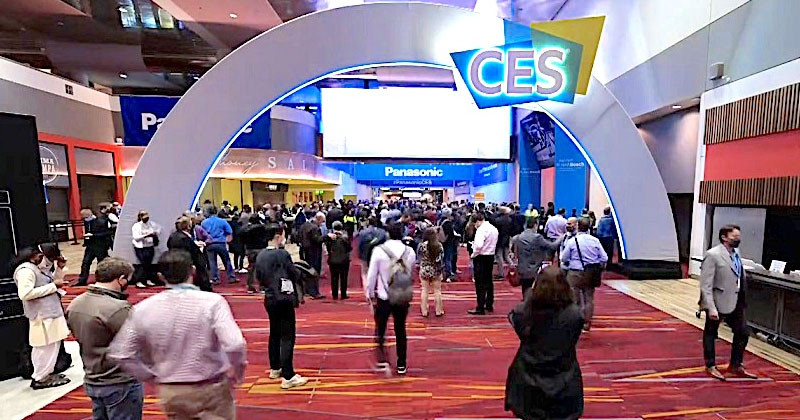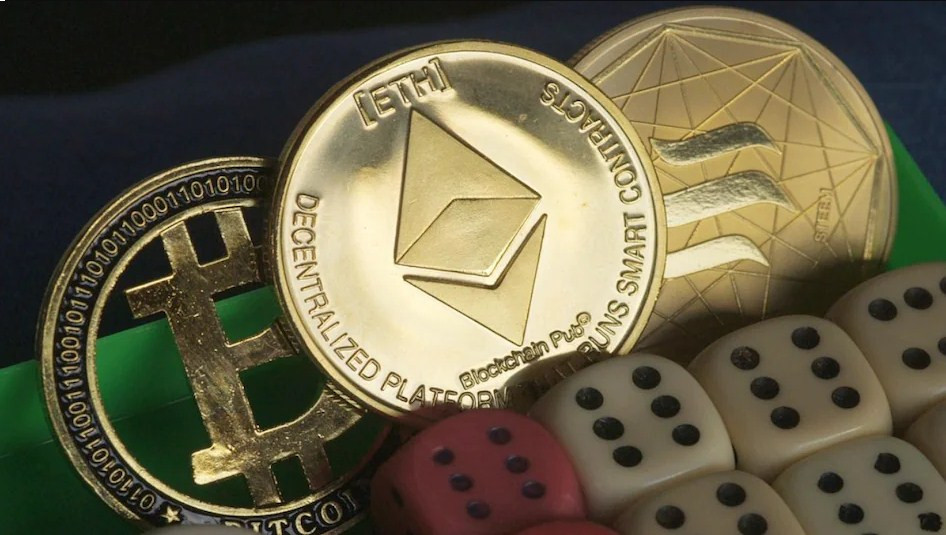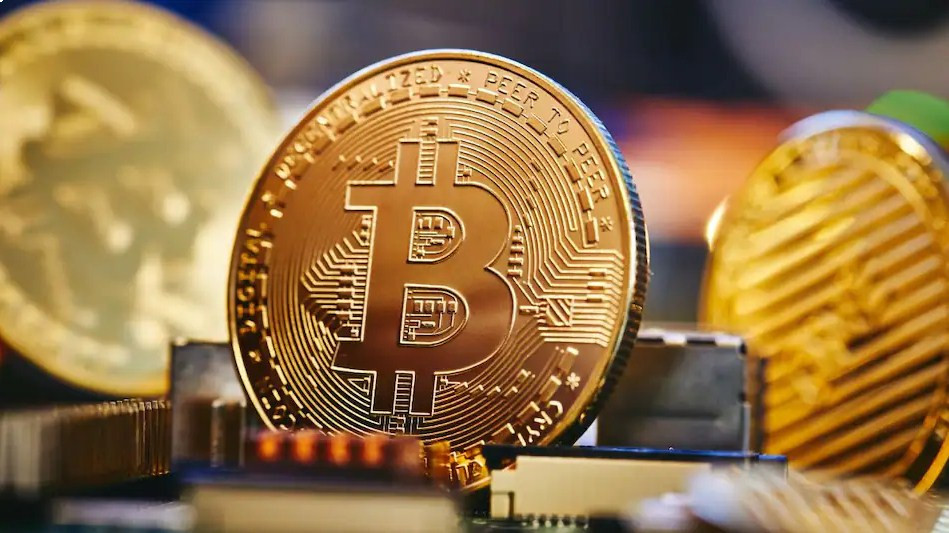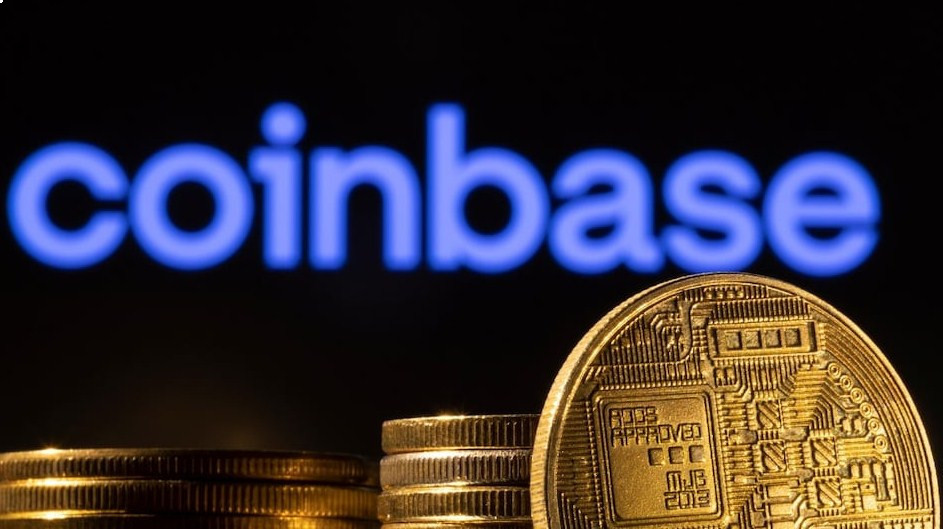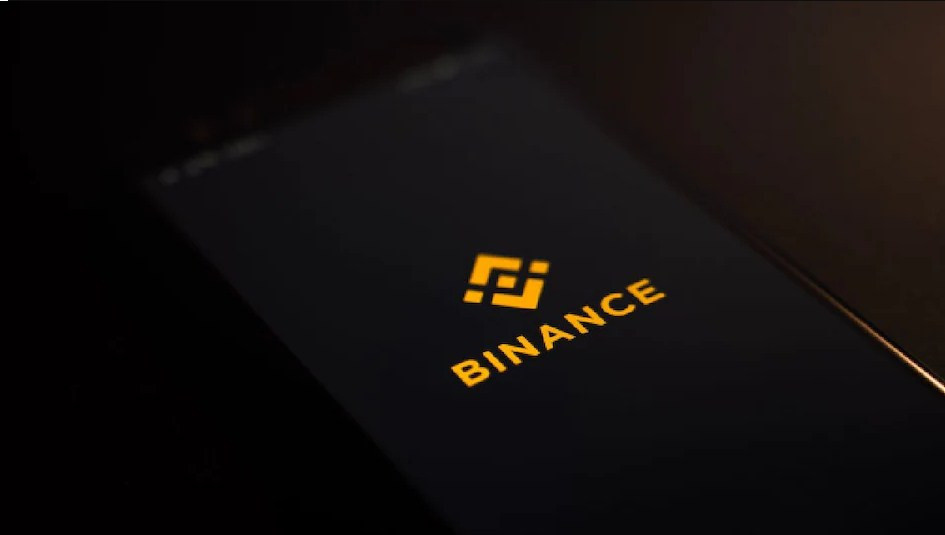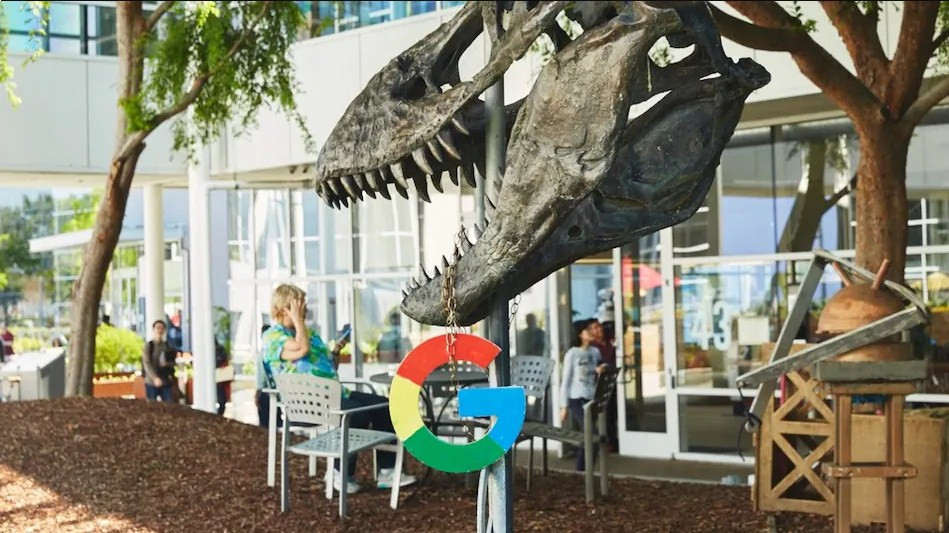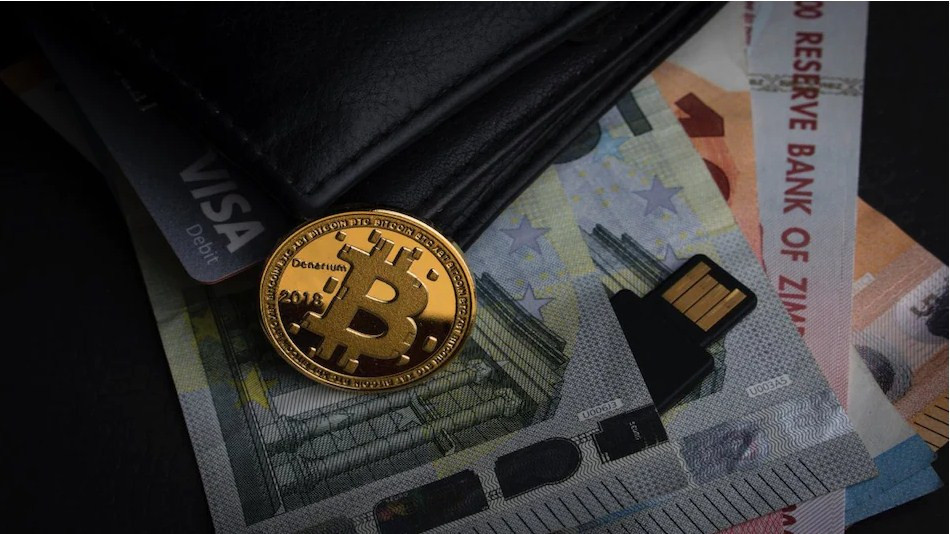Even though this year’s Consumer Electronics Show will likely go into the books as one of the least-attended in recent history thanks to the continuing pandemic, there was still plenty of tech innovation on display.
- Union Budget 2023-24 Expectations: Crypto Sector Looks Forward to Tax Deduction
- FTX Collapse Has Put Spotlight on Vulnerabilities in Crypto Ecosystem: Economic Survey 2022-23
- Crypto Exchange Coinbase to Close Most of Japan Operations
While 170,000 attendees clogged the aisles in Las Vegas for the 2020 show just before the pandemic hit, the Consumer Technology Association, which runs CES, estimated that this year’s hybrid event in Las Vegas and online would have around 25% of normal attendance and about half the number of exhibitors. Nevertheless, participants in-person or through online streaming saw the introduction of new processors, smart mirrors, autonomous tractors and even a sonic toothbrush that’s claimed to clean an entire mouth in 10 seconds.
Yet while the usual avalanche of new gadgets dominated the headlines from this year’s show, a more significant theme was emerging. The financial technology platform used by companies to deliver these products or services, and required by consumers to pay for them, is evolving dramatically. And fintech, now defined by cryptocurrencies and tools such as the blockchain for digital payment, is rapidly reshaping the business landscape.
“What used to be a sleepy industry has now become the sexiest part of the financial world,” Neha Wattas, head of strategic insights, innovation and corporate developments at JPMorgan Chase & Co., said during a CES panel session on fintech. “Digital payments have fundamentally transformed every aspect of life. If you are a business, you are in the payments business.”
Rise in crypto value
That fintech would emerge as a key topic of interest at CES in 2022 should come as no surprise. When the show held its first session track dedicated to the subject seven years ago, the price for one bitcoin was about $300. That same digital coin today is valued at more than $40,000.
More significantly, global payments are flowing into fintech. A recent report from JPMorgan noted that $54 trillion out of $240 trillion in global payments could be attributed to value pools involving tech platforms, online tools and smartphone-driven digital wallets.
“If you were leaving home to go to work, what would be worse to leave behind, your smartphone or your wallet?” asked Michael Ellison, president of Corporate Insight Inc.
NFTs take off
A key shift in consumer behavior can be found in the growing influence of nonfungible tokens or NFTs. These tokens are unique, immutable units of data stored on the blockchain digital ledger. NFTs are being applied to a wide range of items, from artwork and rare documents to collectibles and virtual land.
Sales volume of NFTs surged to more than $10 billion in October, a growth rate of eight times what was reported in the previous quarter. Community-based investment in NFTs is beginning to demonstrate funding dynamics not previously seen in more traditional financing scenarios. On Christmas Day, NFT traders were gifted with a new OpenDao token aimed at rewarding users of OpenSea Inc., the largest NFT marketplace, one that this week raised $300 million on a stunning $13.1 billion valuation.
The “SOS token” was issued in response to concern among members of the NFT community that OpenSea had yet to issue its own token, yet sent mixed signals about potential plans for an initial public offering. The new token was “airdropped” to OpenSea users as a way to reward early adoptees who contributed to the marketplace’s success, and OpenDao reached a market capitalization of over $200 million in just four days.
“It’s a whole new paradigm of organizing communities,” said Erick Calderon, chief executive of Art Block Inc. “That is why the NFT space has been able to grow.”
Celebrity involvement
NFTs have managed to expand consumer appeal through growing participation by the celebrity world. Although she cancelled at the last minute, Paris Hilton was one of the listed speakers this week at CES. The celebrity launched her first NFT drop in 2020 and has invested in a Swiss foundation that authenticates objects through digital certificates.
NFTs are also about to get a turboboost from World Wrestling Entertainment Inc. and its sizable media presence. The wrestling showcase recently finalized a multiyear deal with Fox Entertainment’s Blockchain Creative Labs to start an NFT market featuring WWE collectibles.
“Fox taught America how to text with ‘American Idol,’ and we want to do the same thing for the NFT,” said Scott Greenberg, chief executive of Blockchain Creative Labs. “The WWE superstars are going to explain how to buy an NFT. We see this as the future of media and content distribution.”
This week’s discussion at CES highlighted the growing influence of fintech in the bedrock services of the financial world. That includes opportunities for cryptocurrency holders to leverage investment rates of return far in excess of what traditional financial institutions offer today.
One of the show participants, Celsius Network Inc., provides a platform of curated financial services in direct contrast with U.S. banks. Founded in 2017, the company has encountered its own growing pains, including an Israeli investigation of one of its employees and the loss of money in the BadgerDao hack. Yet the company has already paid more than $1 billion in digital assets to a community of 1.2 million users.
“The simplest way to think about us is if you’ve got cryptocurrency, you bring it to us and we give you yield, which is a different way of saying interest, just like a bank would,” said Tushar Nadkarni, chief growth and product officer at Celsius. “Except banks would give you interest of .0015% APY and Celsius will give you something like 10%, 15% and sometimes 17% APY. You can also take a loan for as little as 1% interest.”
Coin of the metaverse
Away from the panel discussions at CES this week, companies were making separate fintech news. Samsung Electronics Co. Ltd. announced a partnership with Veritree Inc. to leverage the blockchain to track progress in the planting of 2 million mangrove trees.
The South Korean tech giant also announced that it would introduce an NFT explorer and aggregator function in its smart TVs for 2022. Several startup exhibitors, including BaaSid and CoolBitX unveiled new blockchain-based products and services.
The past year has generated much focus on the technology-fueled “metaverse,” led by the rebranding of Facebook Inc. into Meta Platforms Inc. A combination of virtual and augmented reality, along with real-time video, offers a digital universe in which consumers leverage tech in a 21st century lifestyle. And digital currencies, supported by platforms like the blockchain, will power growth in the metaverse going forward.
The Consumer Technology Association is already picking up hints of this from its industry research. In a briefing for reporters prior to the opening of CES this week, CTA Vice President of Research Steve Koenig took note of this developing trend.
“The metaverse is closer than you think,” Koenig said. “All of the building blocks are present and available today. And crypto is the coin of the metarealm.”
